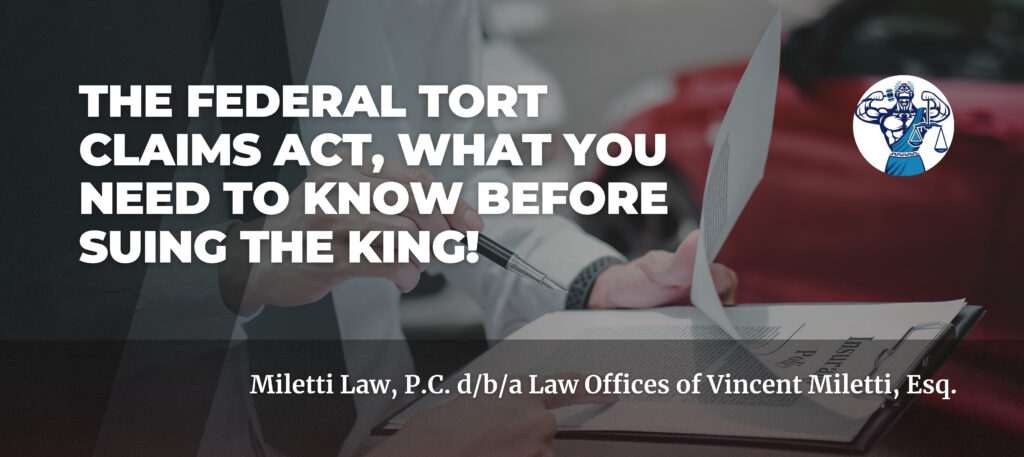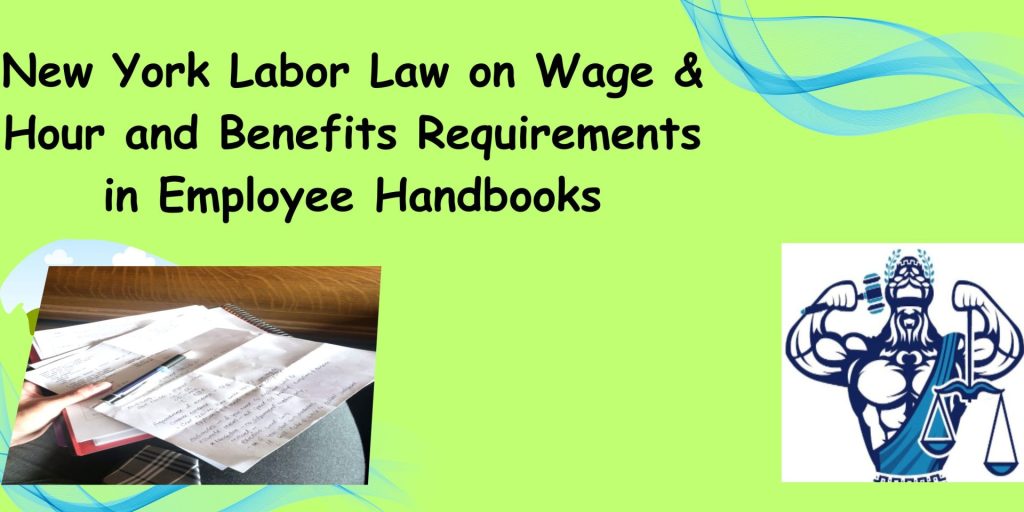Employment and labor laws comprise some of the most complex and extensive laws, not only in New York but in other states as well. Therefore, it is very critical for you, as an employer, to be cognizant of what laws, whether local or federal, apply to specific employment issues and jurisdictions, especially owing to the ubiquity of an explosion in lawsuits in the U.S., which has been coherent with a public obsession for litigation, a growing lawyer population, and the enactment of new laws and amendments of others.
Under this context, this blog is an overview of a myriad of requirements concerning recordkeeping and record retention for employers under the New York City Earned Safe and Sick Time Act (ESSTA), a major local employment law in New York, in relation to its applicability to employment issues such as sick leave, among others. Accordingly, some of the key elements identified include applicable statutes of the ESSTA, types of records required to be retained by employers under this law, duration of which records must be retained, penalties and citation for failure to comply, and other relevant information for employer concerning compliance with requirements for recordkeeping and the retention of records.
However, it is crucial to mention that the information provided herein does not address requirements for the retention of records when a complaint or charge has been filed by an employee under the ESSTA. Nonetheless, although the requirements may apply to both public and private employers, the information is intended for the latter.
That being said, let us dive right in.
Types of Records that Must be Retained Pursuant to the ESSTA
Pursuant to both N.Y.C. Admin. Code § 20-920 and 6 RCNY 7- 212(a), (b), an employer is required to maintain and retain accurate, true, and contemporaneous records for each employee, including any policies mandated under the law and information including (1) name, (2) address, (3) phone number, (4) start and termination date(s) of employment, (5), pay rate, (6) no. of hour worked, except for workers exempt from state overtime requirements with a regular 40 hour- workweek or more, (7) whether the worker is exempt from state overtime requirements, (8) amount, time, and date paid for each use of time under this law, (9) the date the employee was provided with the Notice of Rights, with proof of receipt, and (10) any change in the employment’s material terms that were specific to the worker.
Duration of Retention Requirements Pursuant to the ESSTA
Pursuant to N.Y.C. Admin. Code § 20- 920, records must be retained by the employer for a duration of 3 years, unless otherwise mandated by any other regulation, rule, or law.
Penalties and/or Citations Following Failure to Comply
Pursuant to both N.Y.C. Admin. Code § 20-920 and 6 RCNY 7- 212, failure to keep, retain, or provide a required record (1) generates a reasonable presumption concerning the truthfulness of a material fact alleged by the DCWP (New York City Department of Consumer and Worker Protection) and (2) may be used against an employer accused of violating a provision pursuant to the ESSTA.
Further, pursuant to N.Y.C. Admin. Code § 20-924(c), (d), if, following an investigation, the NYC DCWP is convinced that an ESSTA violation has taken place, then it must (1) issue the violator, be it an entity or an individual, with a notice of the violation, which should be answered to the administrative body authorized with adjudicating ESSTA violations and (2) hold mediation(s) to attempt resolution.
Other Key Information for Compliance
As a key part of compliance, employers are required to permit the DCWP to access any required records (1) by producing them at a mutually agreeable time, at the employer’s place of business, or availing them at the DCWP’s office, (2) with appropriate notice (typically 30 days’ written notice, with exceptions), and (3) in advancement of an investigation carried out pursuant to this law.
Additionally, pursuant to N.Y.C. Admin. Code § 20-920, records can be maintained and retained electronically if the employer is capable of (1) ensuring the confidentiality, to the degree mandated by law, of health information acquired solely for the use of sick leave by an employee and (2) producing, in a readily and timely manner, any required records for examination or inspection by an authorized agency.
In case you need further clarification regarding the information shared in this blog post, we, the authoritative force in Employment & Labor Law, serving as primary counsel or cumis counsel and providing diverse legal services in both a traditional and online, web-based environment, whether it be for small or large-scale businesses on a panel or a case-by-case basis, are just a call or email away!
Also, beware that we are not only taking over the industry when it comes to Employment Defense and Employment Practices, but also in Intellectual Property Defense (Trademark, Copyright, and Proprietary Information), Management Side Defense, Regulatory and Compliance, Business Law & Corporate Law, and Professional Liability, among others. Whether serving directly or on behalf of a third party (EPLI, D&O, E&O), we stay unusually motivated® to take on all your needs!
As we continue dropping knowledge bombs every day, stay tuned for more educative, inspiring, and interesting videos and blogs. In the interim, if there are any questions or comments, please reach out to us through our website https://milettilaw.com/ and let us know at the Contact Us page!
Always rising above the bar,
Isaac T.,
Legal Writer, Author, & Publisher.
 Professional Legal & Business Services And Representation - English & Espanol!
Professional Legal & Business Services And Representation - English & Espanol!

 314-648-2586
314-648-2586 CALL US NOW
CALL US NOW








